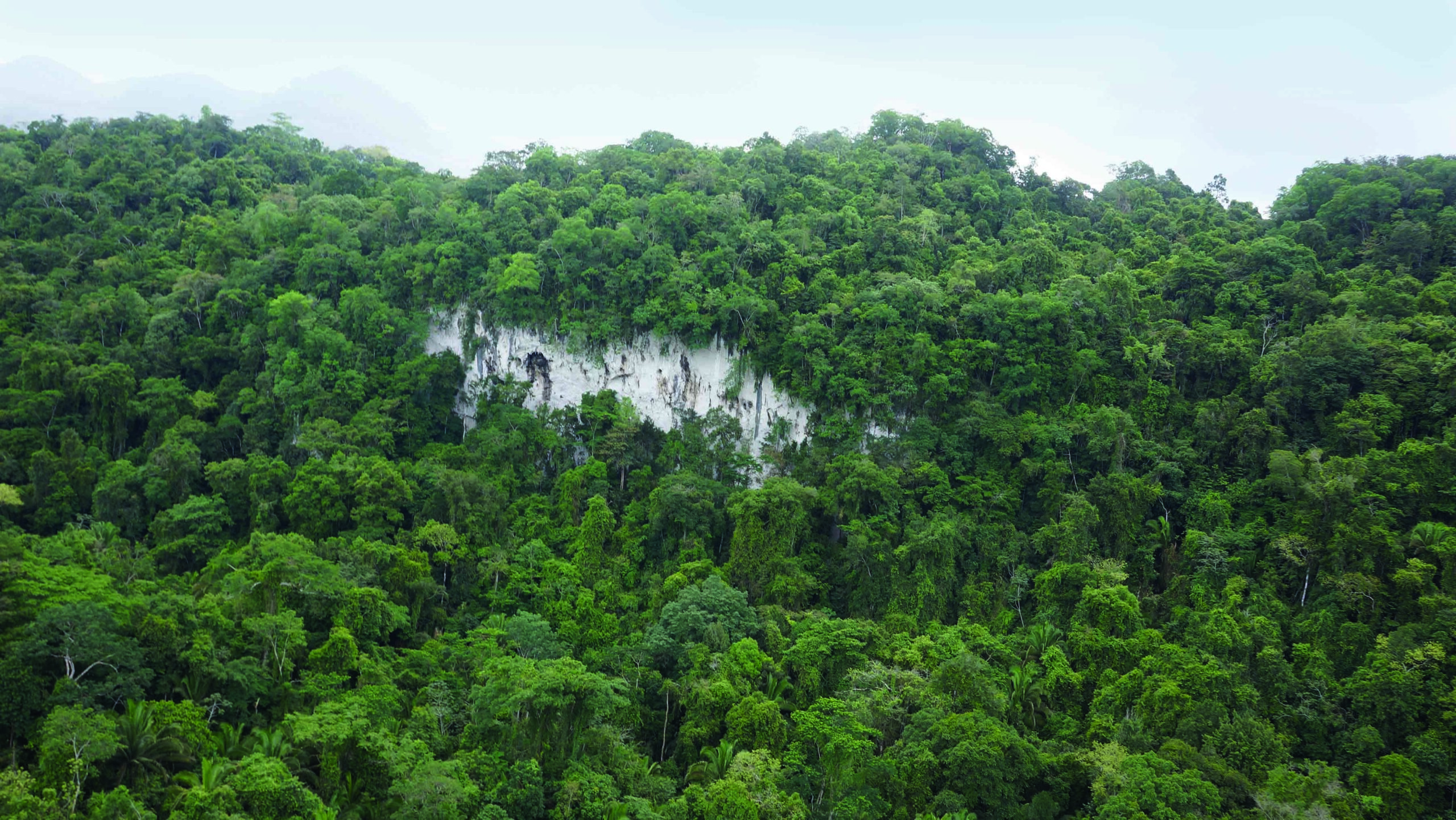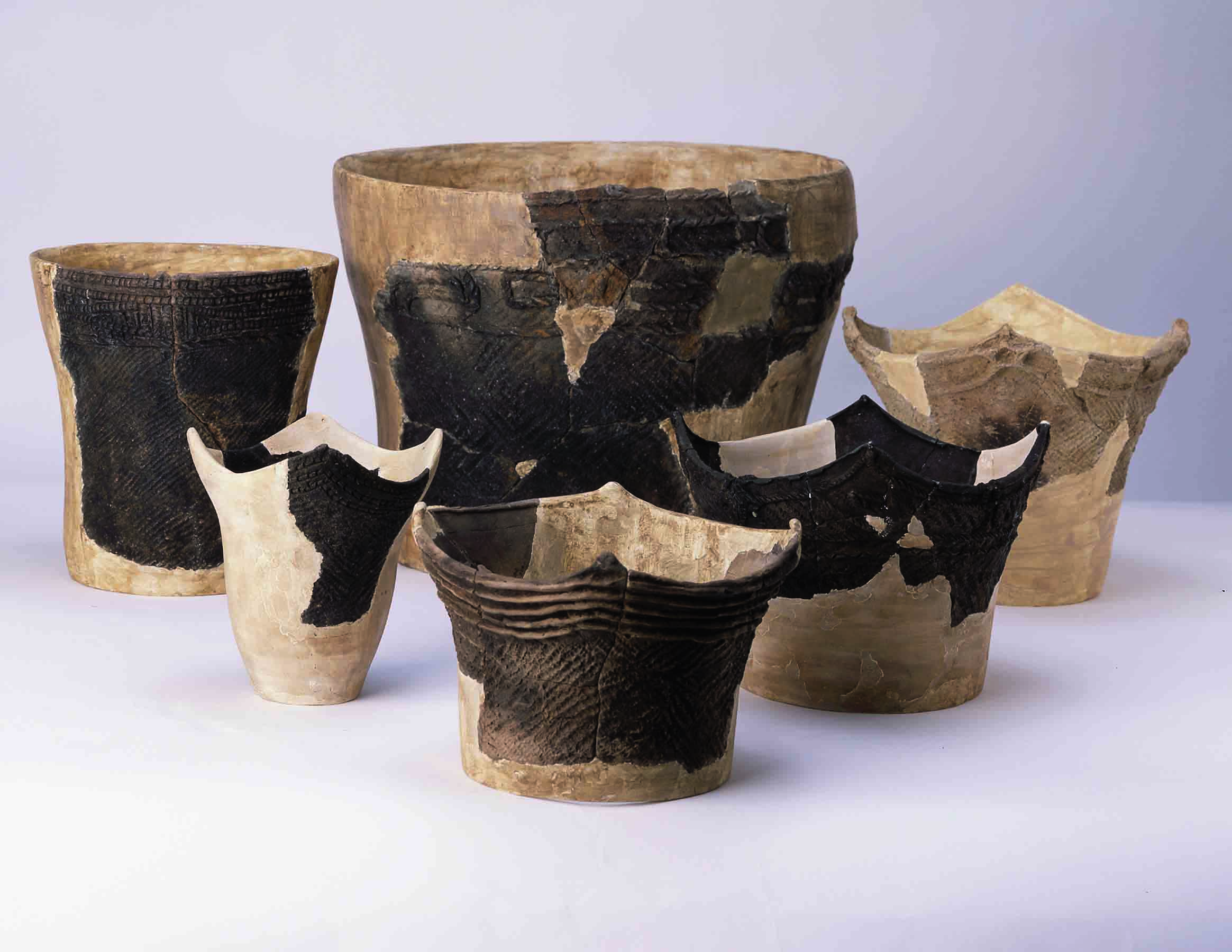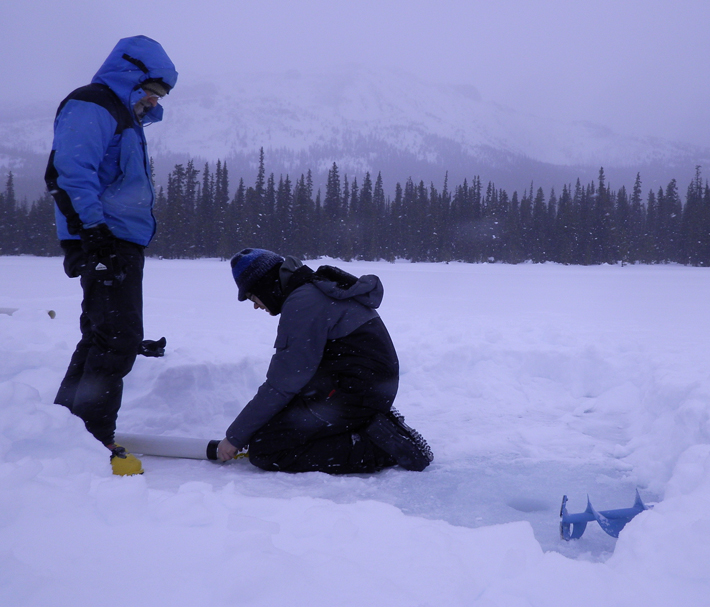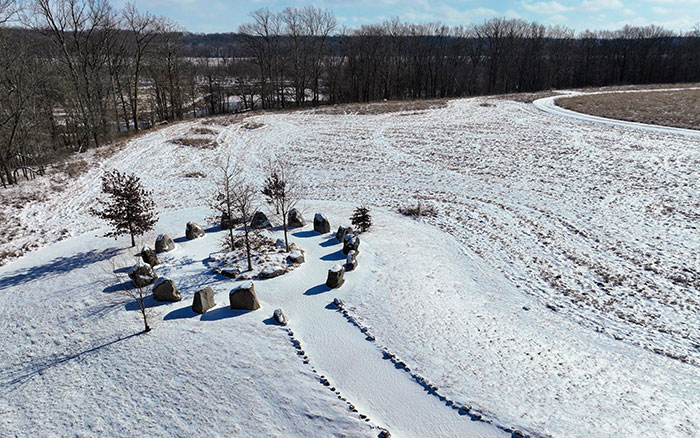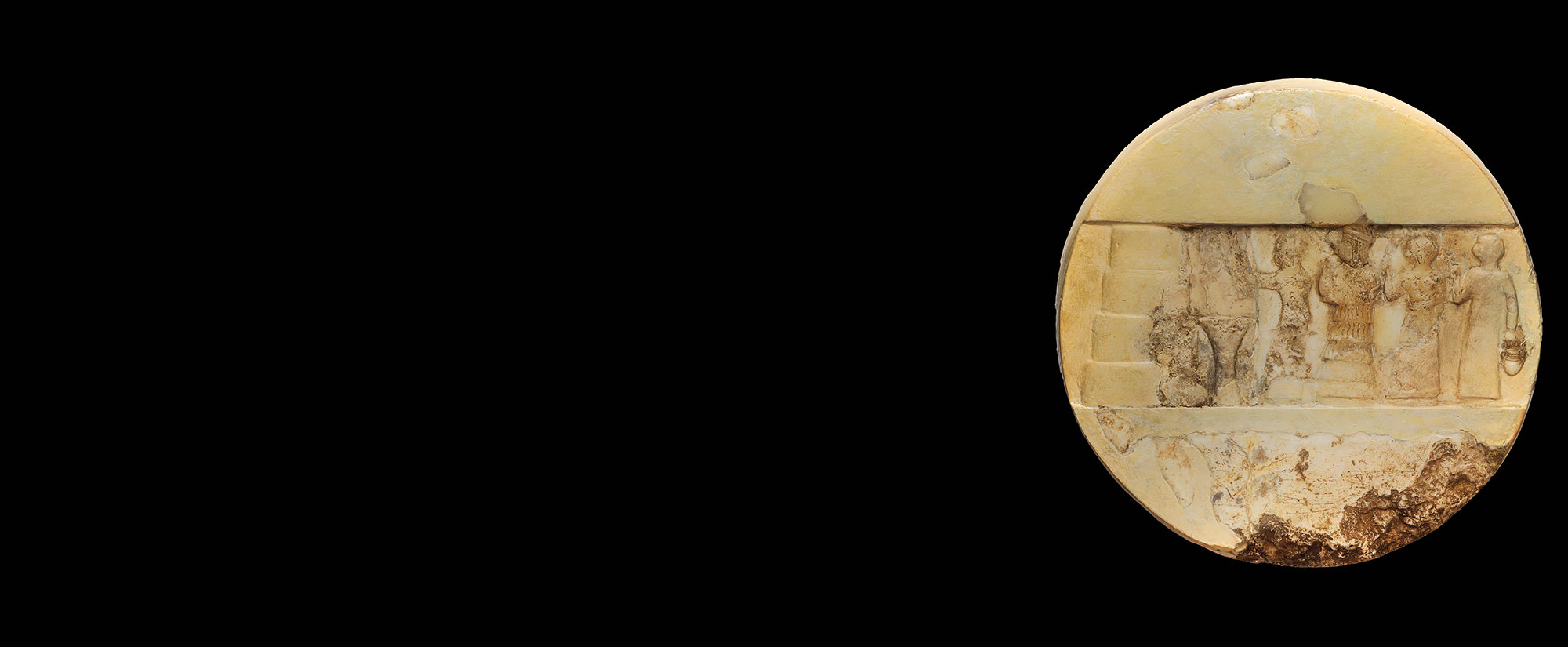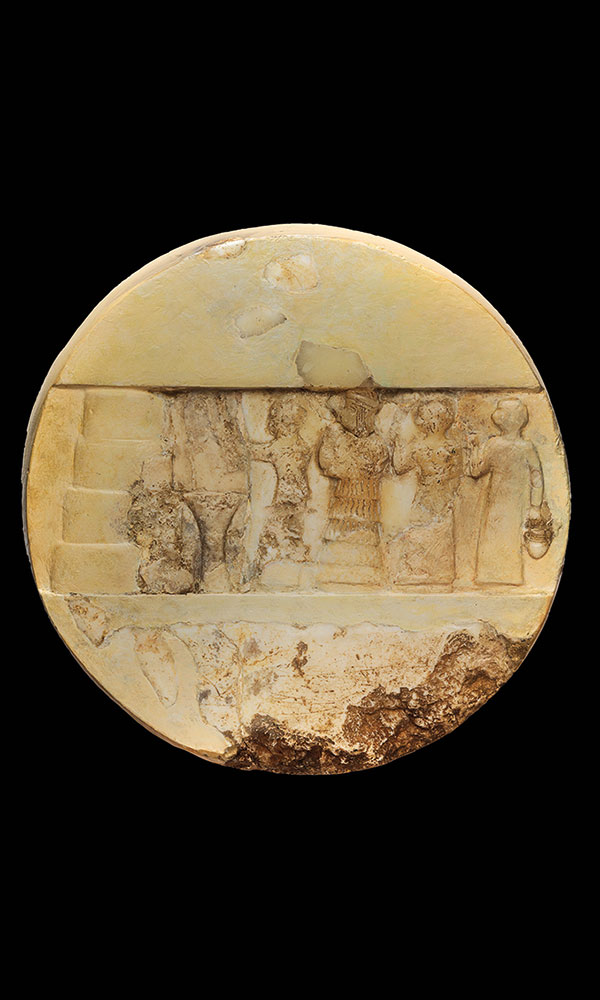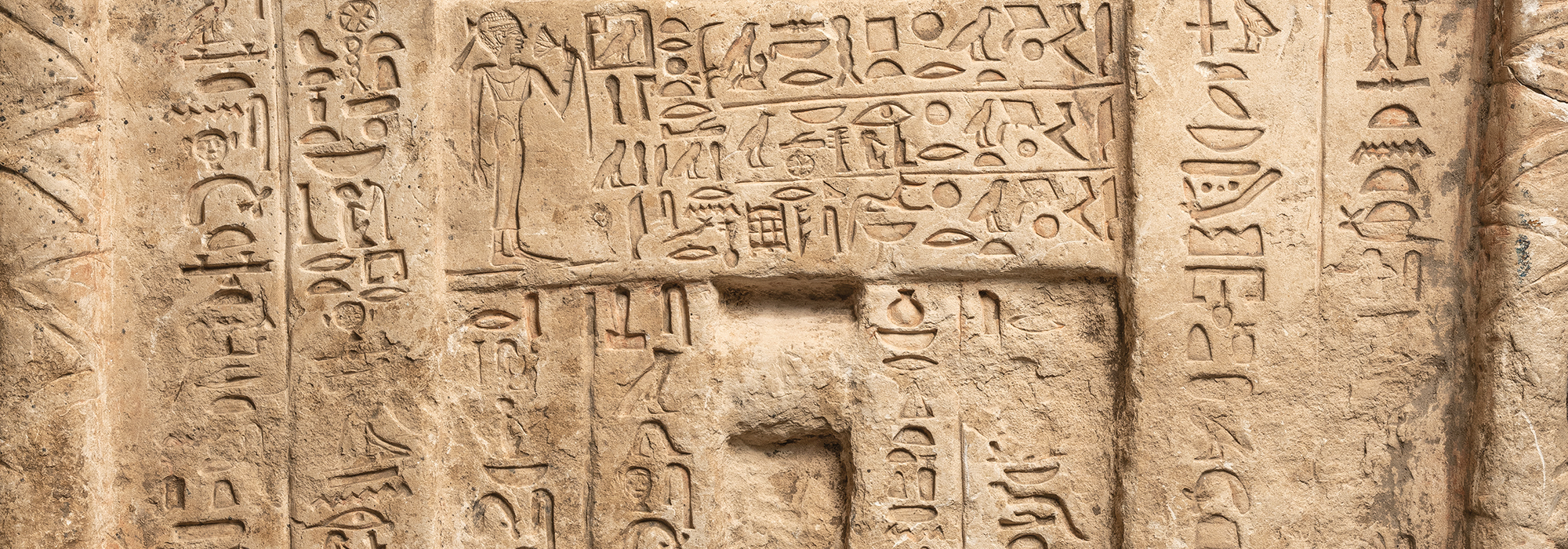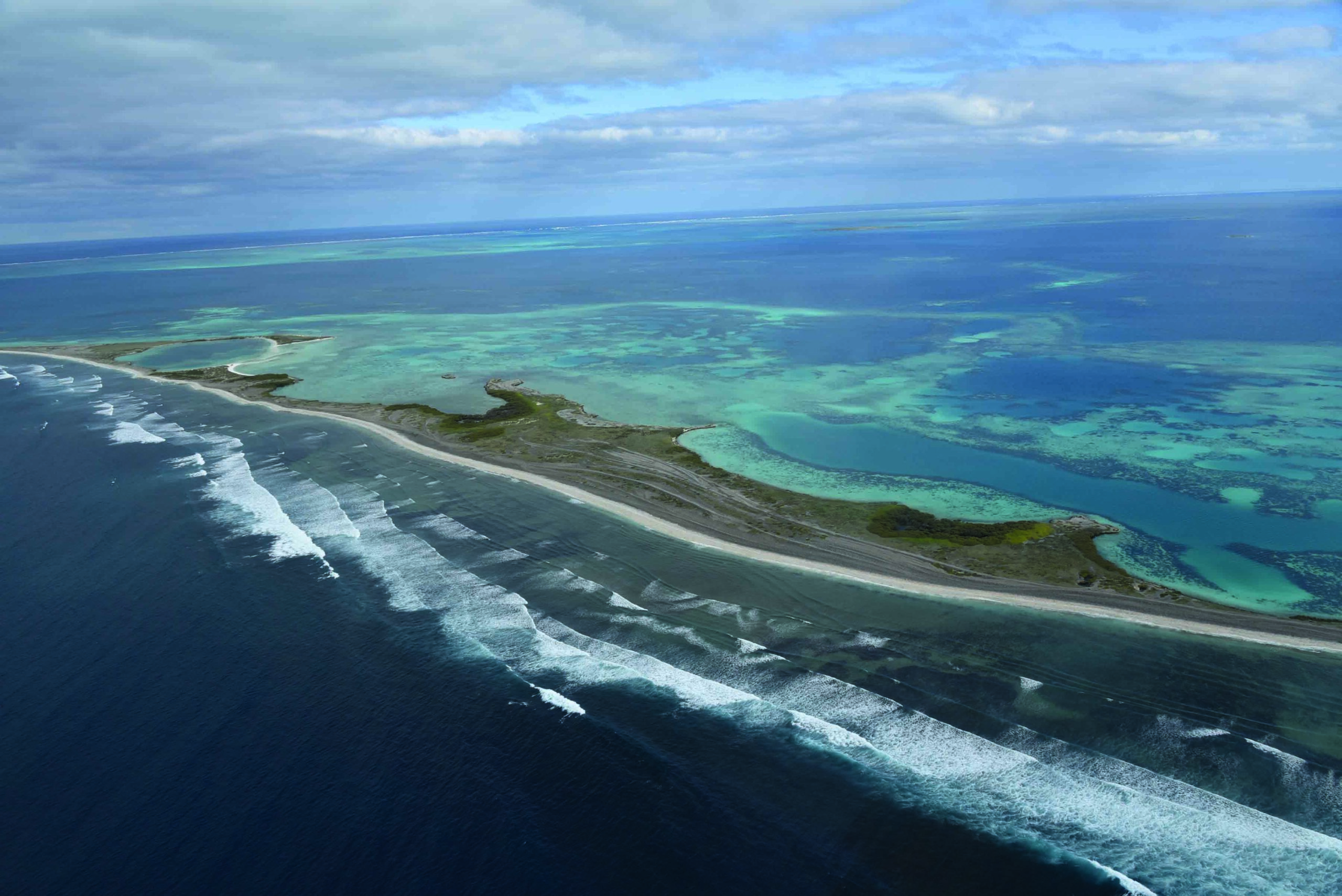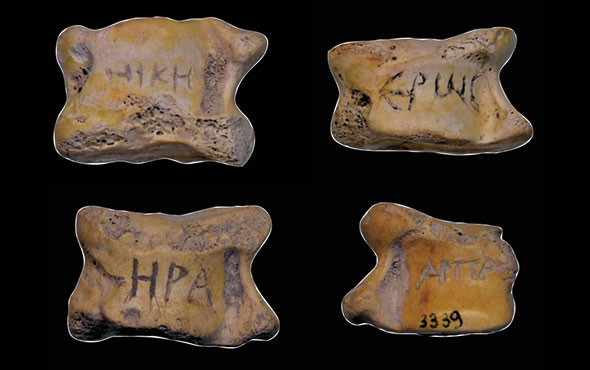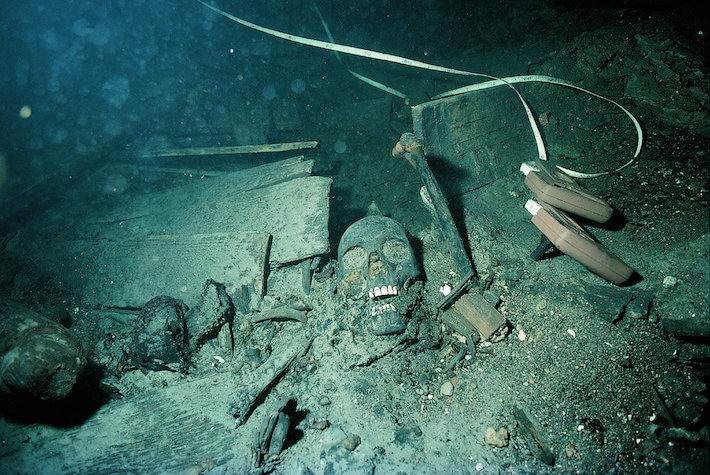
STOCKHOLM, SWEDEN—According to a statement released by Cell Press, Ricardo Rodríguez-Vaela of Stockholm University and his colleagues analyzed 249 published ancient human genomes; 48 additional genomes from boat burials, Viking chamber burials, the Sandby borg ringfort, and the Kronan, a seventeenth-century warship; and genetic data from more than 16,500 living Scandinavians to investigate how past migrations of people into the region have contributed to the modern Scandinavian population. From the eighth to the eleventh century, the Norse conducted recurrent raids on the British-Irish Isles, and likely returned to Scandinavia with enslaved people, voluntary immigrants, and Christian missionaries and monks. The researchers also found that traces of British and Irish ancestry were widespread in Scandinavia during the Viking period. Genetic traces of Viking-era women from the Baltic were detected in remains from the Baltic Sea island of Gotland and central Sweden. Modern Scandinavians appear to have inherited few of these migrants’ genes, however. The researchers also detected variations in levels of Uralic ancestry in modern Scandinavians. “We need more pre-Viking individuals from north Scandinavia to investigate when the Uralic ancestry entered this region,” Rodríguez-Vaela said. Additional DNA samples from the medieval period could also help the researchers understand the drop in nonlocal ancestry in some regions, he added. Read the original scholarly article about this research in Cell. To read more about the Vikings' genetic diversity, go to "Largest Viking DNA Study," one of ARCHAEOLOGY's Top 10 Discoveries of 2020.


